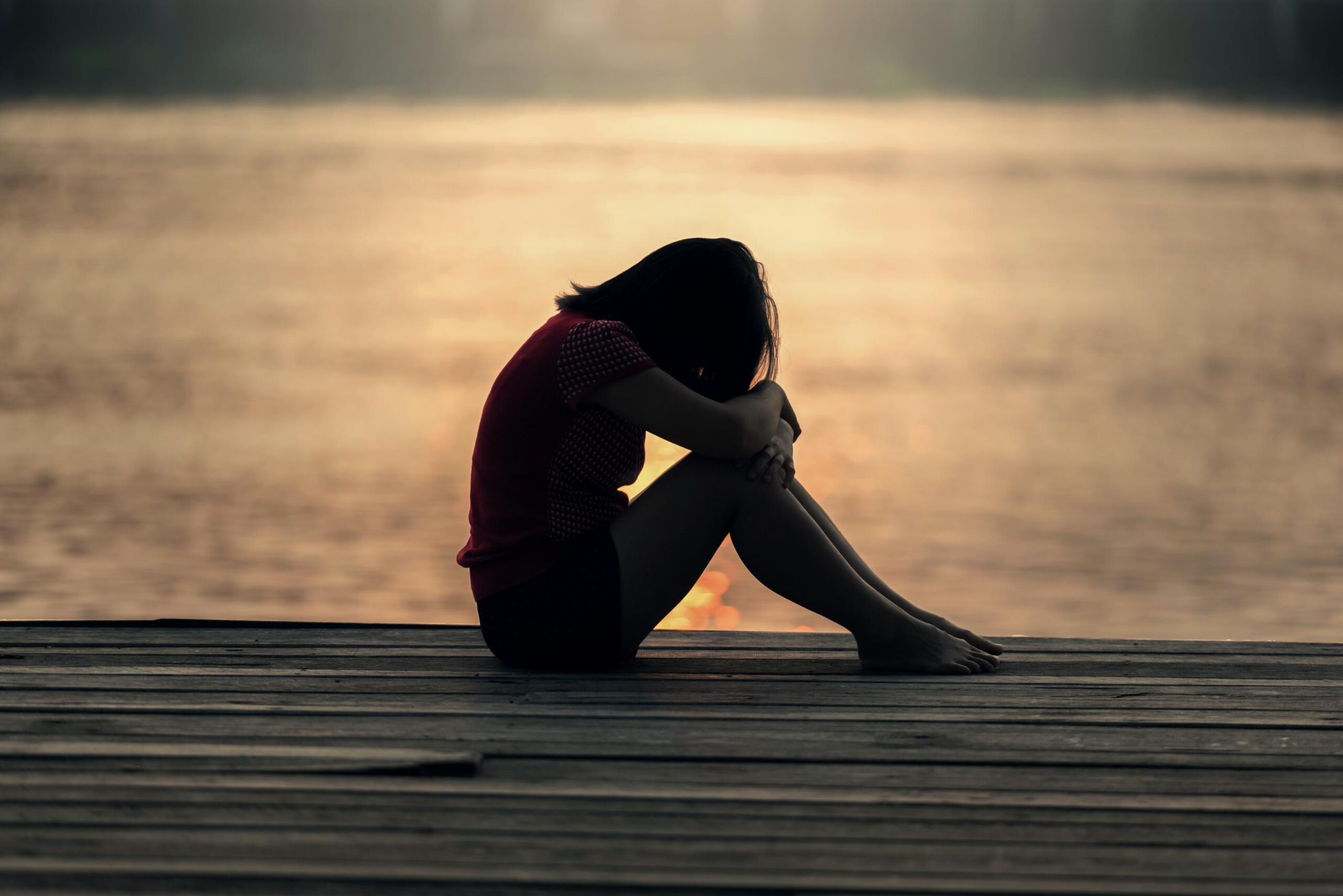It’s something that can’t be seen, but the experience and feeling is very real. Depression hits more than 16 million Americans every year and yes, children face it head on too. It’s the second most common mental health disorder after anxiety disorders. Depression takes place in multiple forms such as major depression, persistent depressive disorder, post-partum depression and seasonal affective disorder.
When you’re in a state of depression it will interrupt your daily life and the way you normally function. You may experience other co-occurring feelings like anger and anxiety. For some, most days are spent in bed or putting a smile on in public, but crying behind closed doors. It becomes impossible to find joy in anything. This is different from sadness which is a feeling you experience through difficult times, but you can still intermittently experience some joyful moments or laughter.
Depression can be triggered by different events such as loss, change in season, life transition or chemical imbalance in the brain.
People can become self-destructive and agreeable to increasing negative identity from self-talk. It will lead to decreased levels of energy, but the last thing you want to do is not be able to keep yourself moving and staying active as much as possible will encourage and help you through the experience. It’s important to try to maintain as healthy of a diet as possible because nourishment is imperative.
If you begin to notice changes in your mood and behaviors, it’s important to be in tune with what you’re feeling and why you’re feeling it before too much time passes. So many people suffer in silence because they feel alone or ashamed, but that’s not the case. There are more people around you who’ve been through similar feelings but just haven’t talked about it just like you.
Some common symptoms to look out for are:
Isolation Withdrawal
Feelings of worthlessness or hopelessness Change in appetite
Decreased socialization / less interest in relationships Change in sleep pattern
Persistent sadness and inability to find joy or laughter Change in hygiene
Loss of pleasure/ less interest in hobbies Thoughts of death
Difficulty making decisions Fatigue
If you or someone you know is experiencing depression, please reach out for support to your physician, support group or a mental health provider for guidance and resources.
If you’d like to learn more on this topic, call 551-775-0575 and let’s get you started.






